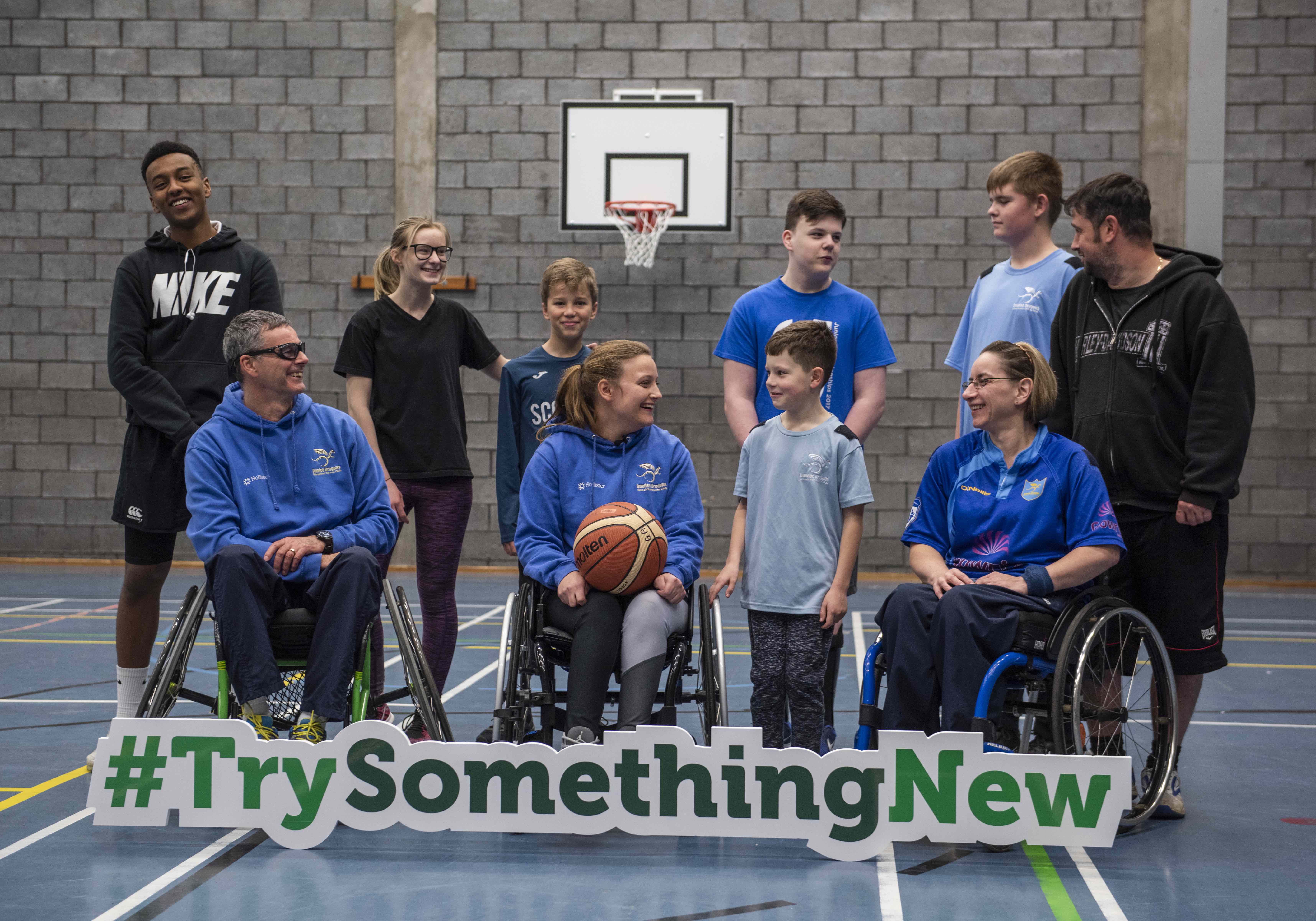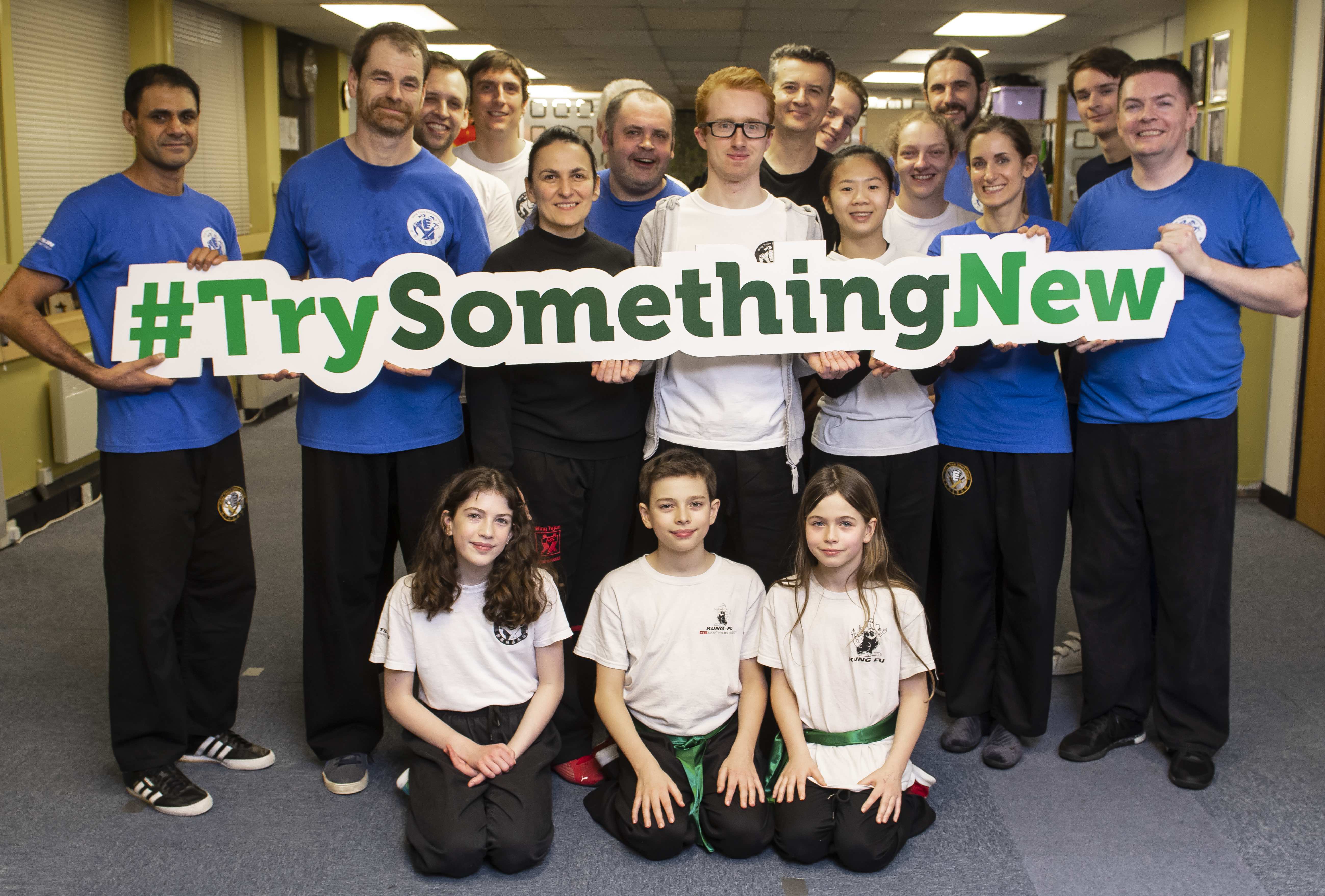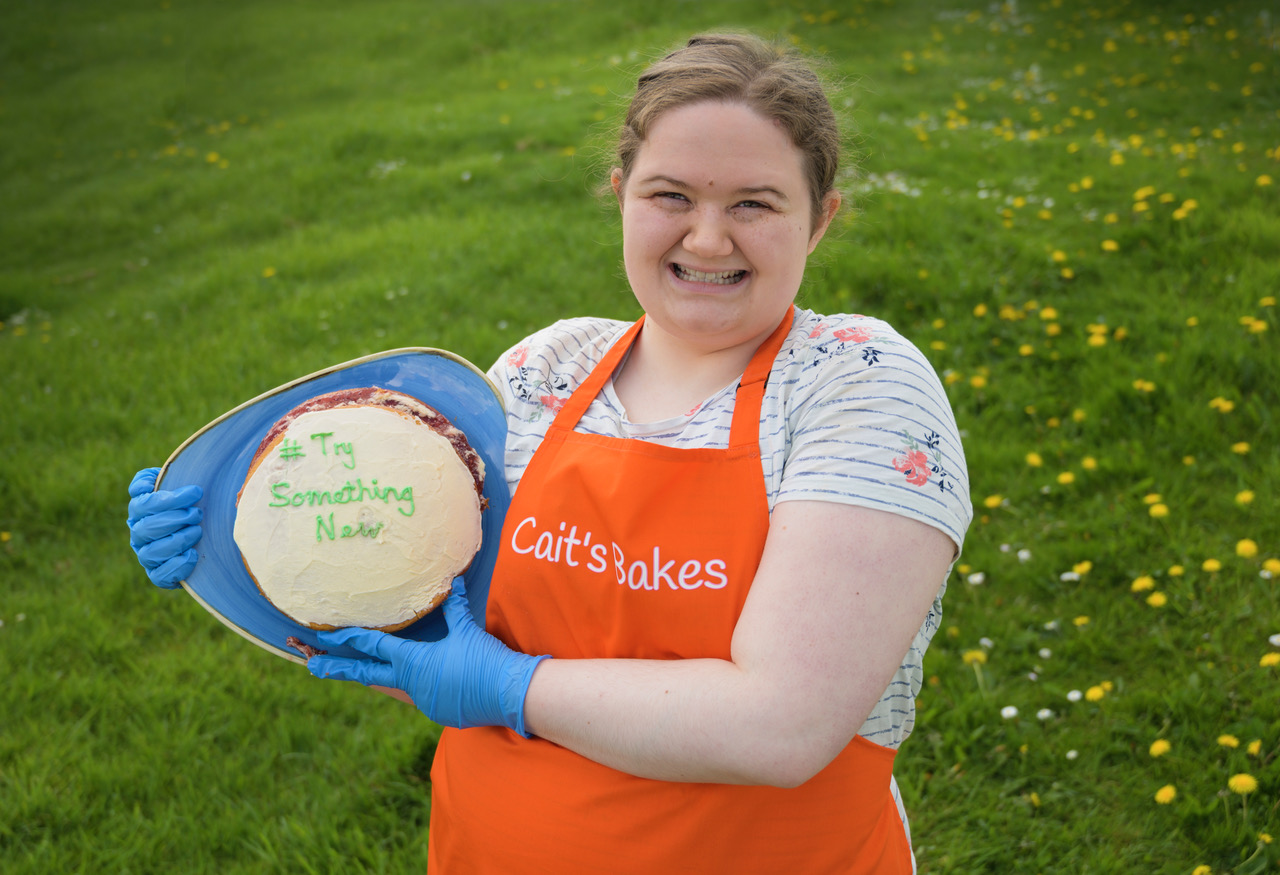In Scotland, transitioning from childhood to adulthood can be one of the biggest challenges for young people who are disabled or who have an impairment. This transition can be made harder by the fact that, often, networks and supports can be more difficult to access in adult services. Leaving school, and all of the formal and informal support that school provides, is often described by families as being like “falling off a cliff”.
Without the necessary support, disabled young people can be left vulnerable to isolation, and can struggle to make their way in the world.
That is why ILF Scotland has set up the Transition Fund, a pot of funding set aside for young people living in Scotland aged 16-25 who are disabled or who have an impairment. Working closely with research partners and many young disabled people, we are able to recognise the challenges for this group and help provide some solutions to overcome these challenges.
ILF Scotland funding is available to support young people to participate in activities that will help them to be a part of their communities, to try new things that will build their confidence, and help them to live more independent lives.
One of the biggest challenges for disabled young people in Scotland is getting the right support. Often, disabled people find accessing the support they need more difficult in the adult world.
Many disabled young people have told us that not having the right support can feel very difficult, and that this transition period can be very hard to cope with. The Transition Fund was set up to provide an additional level of support to young people during this challenging time.
As 21-year old Gemma Lumsdaine, a professional wheelchair basketball player and coach, puts it, “people with a disability can accomplish just as much as anyone else, but sometimes they just need a little bit of support.”
Gemma, who is now an ILF ambassador, received financial support from ILF Scotland for a lightweight wheelchair and assistance to attend away-tournaments, making it easier for her to get to and from practice independently.

Confidence can be another key challenge for disabled young people. Many young people we work with have told us that they struggle with confidence, and as a result they can find it difficult to get out into their communities and participate in activities where they would naturally meet new people. This in turn can lead to feelings of isolation and loneliness, perpetuating a diminished sense of confidence.
ILF Scotland emphasises trying new activities because it helps young people to take part in their communities where they can meet new people and learn new skills – giving them experiences which will help them to grow their confidence.
22-year-old Ryan Cuzen from Glasgow, who has autism, received funding to take martial arts classes. There, he met a supportive group of new friends.
He says: “Receiving support from the Transition Fund meant a chance to follow my ambition to learn new skills and continue to build my self-confidence, something I have struggled with all my life. I am now part of a very special community, Wing Tsjun Glasgow, and am learning to be more independent. These are things in the past I dreamed of, but the fund has helped the dream become reality.”

Learning to be more independent is a rite of passage for most young people. However, for young disabled people, gaining more independence can be a frustrating process, as often the right supports aren’t in place to make this possible. Many young disabled people find themselves reliant on parents or carers, even when they would like to be doing more things for themselves.
Independence is something that so many people take for granted, but it can be one of the biggest challenges for disabled young people. The Transition Fund aims to help overcome these challenges by funding activities that will lead to increased independence. We think that young people themselves, with appropriate support if necessary, are best placed to tell us which activities will work best for them.
Cait Kostka, aged 19 from Thornhill near Dumfries, received funding for baking equipment that she needed to set up her own baking business, Cait’s Bakes. Cait says: “Receiving the funding helped me to be more independent, mainly not relying on my parents for financial support all the time.”

These are just some of the challenges for disabled young people. We believe that by providing funding to try something new, they will be able to increase their confidence, get more involved with their communities, and ultimately live their lives to the full.
You can follow the stories of recipients of the Transition Fund on social media using the hashtag #TrySomethingNew.
Are you aged 16-25, live in Scotland, disabled or have an impairment, or know someone who might benefit from our support? Find out more about ILF Scotland’s Transition Fund, and apply for funding to #TrySomethingNew.